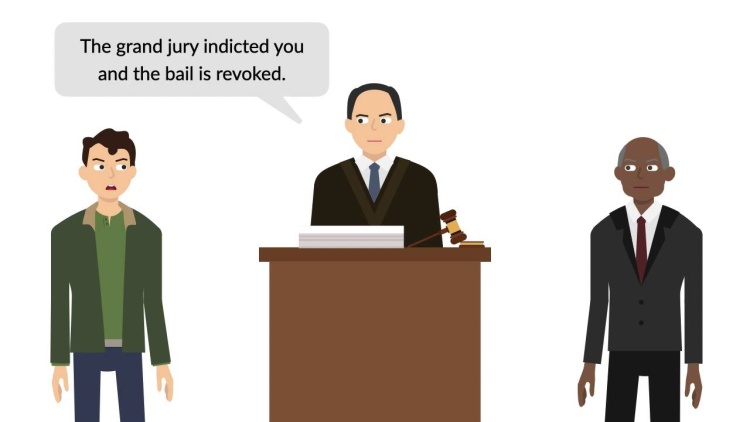Rothgery v. Gillespie County, Texas
United States Supreme Court
554 U.S. 191, 128 S.Ct. 2578, 171 L.Ed.2d 366 (2008)
- Written by Shelby Crawford, JD
Facts
Rothgery (plaintiff) was arrested as a felon in possession of a weapon when police relied on an erroneous record showing Rothgery had previously been convicted of a felony. Rothgery was brought before a magistrate judge. The judge determined that there was probable cause for Rothgery’s arrest, told Rothgery the charges, set his bail, and sentenced him to jail. Rothgery was released on bond and made several requests for a lawyer but was not appointed one. He was later indicted and rearrested. Six months after his initial appearance before the magistrate judge, a lawyer was appointed for Rothgery. Rothgery’s lawyer gave the paperwork showing Rothgery was never convicted of a felony to the district attorney. The indictment against Rothgery was dismissed. Rothgery then brought a federal civil rights suit against Gillespie County, Texas (defendant), alleging that the county’s policy of denying appointed counsel to indigent defendants prior to indictment violated his right to counsel. The district court held that the right to counsel had not attached at the initial hearing because no prosecutor was assigned to Rothgery’s case and granted summary judgment for the county. The appellate court affirmed and the Supreme Court granted certiorari.
Rule of Law
Issue
Holding and Reasoning (Souter, J.)
Concurrence (Alito, J.)
What to do next…
Here's why 904,000 law students have relied on our case briefs:
- Written by law professors and practitioners, not other law students. 47,100 briefs, keyed to 995 casebooks. Top-notch customer support.
- The right amount of information, includes the facts, issues, rule of law, holding and reasoning, and any concurrences and dissents.
- Access in your classes, works on your mobile and tablet. Massive library of related video lessons and high quality multiple-choice questions.
- Easy to use, uniform format for every case brief. Written in plain English, not in legalese. Our briefs summarize and simplify; they don’t just repeat the court’s language.





